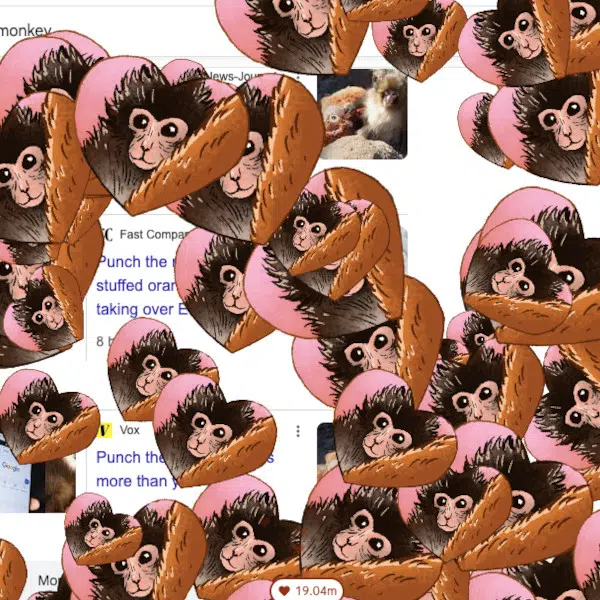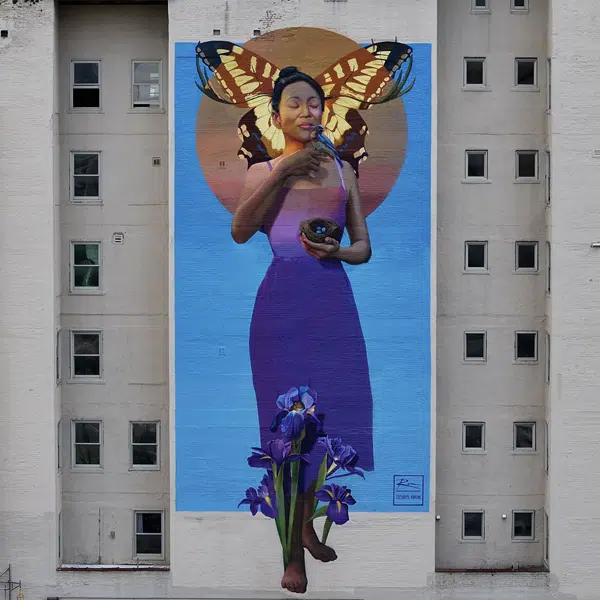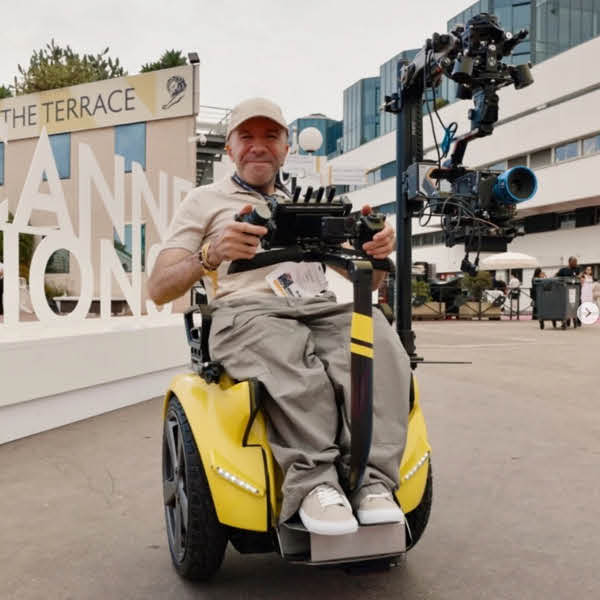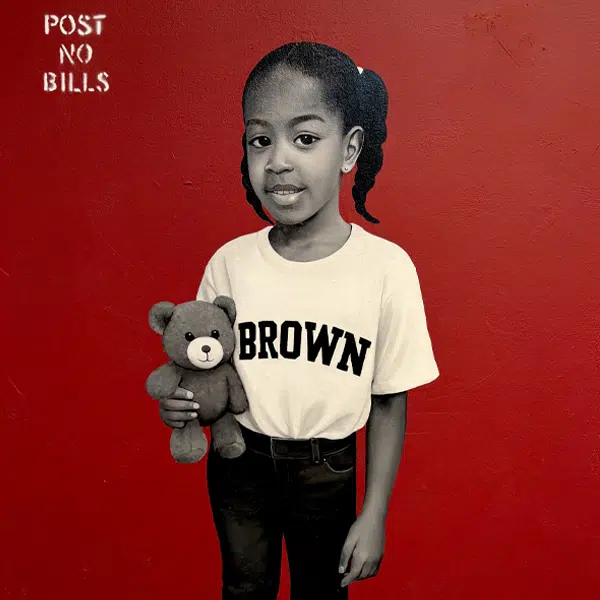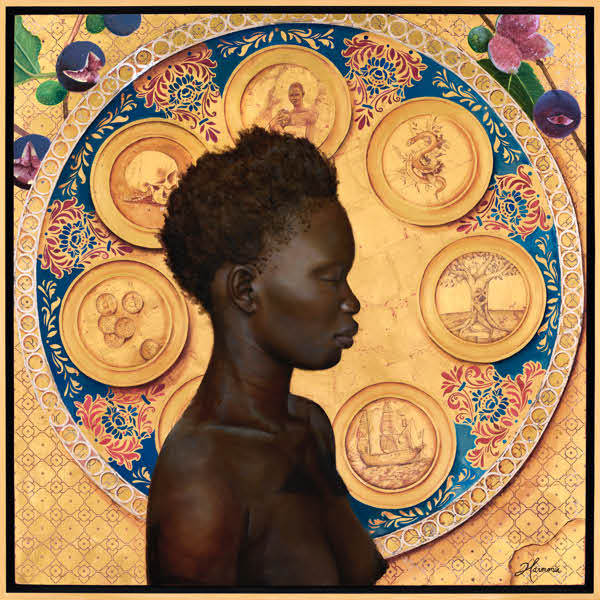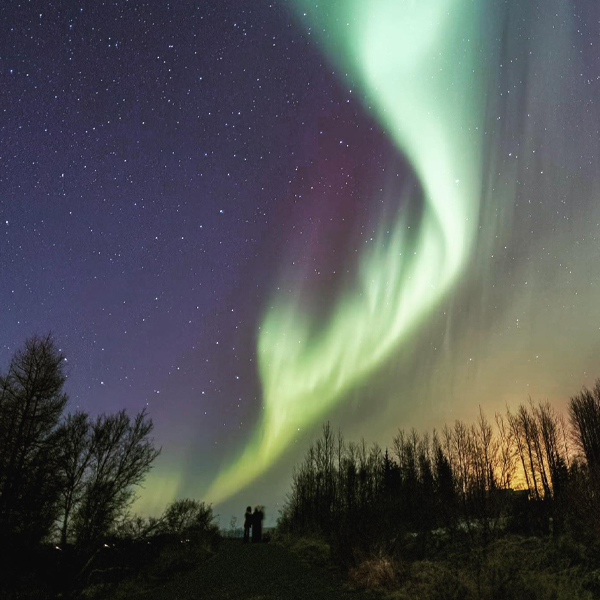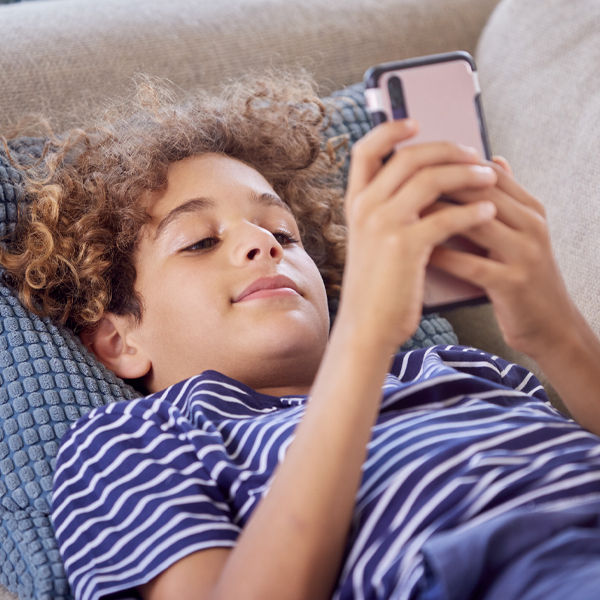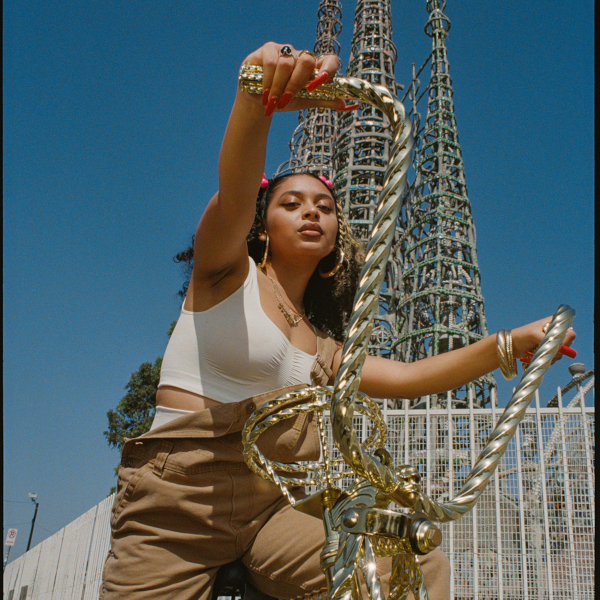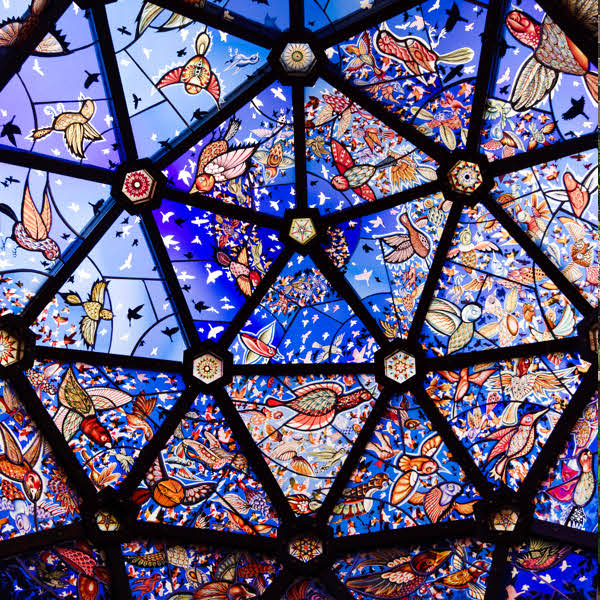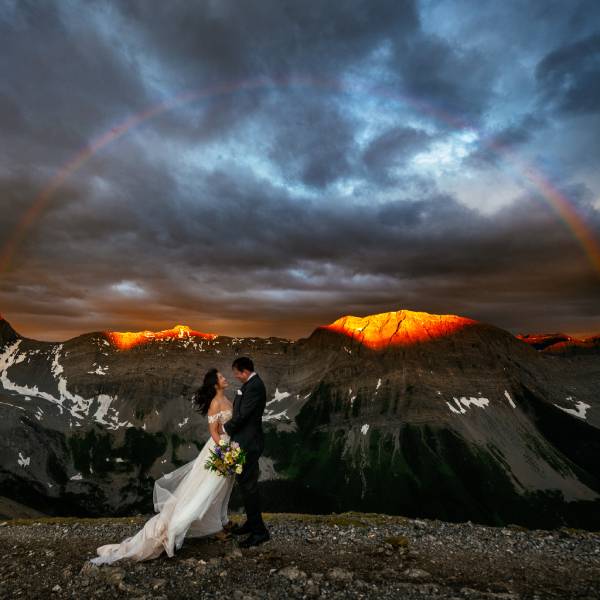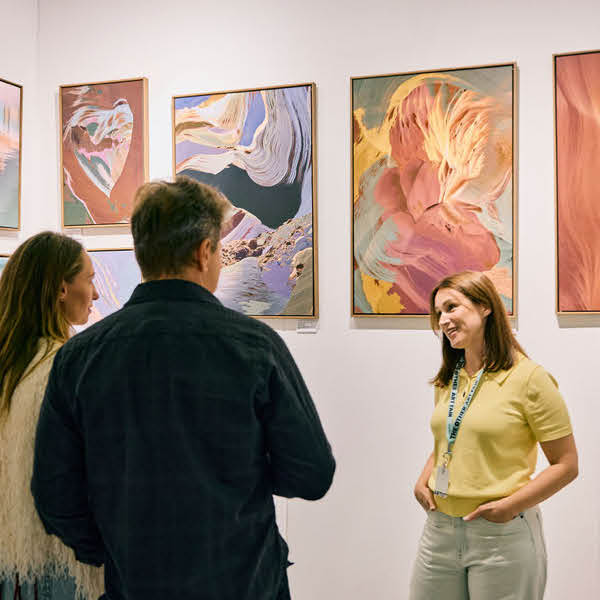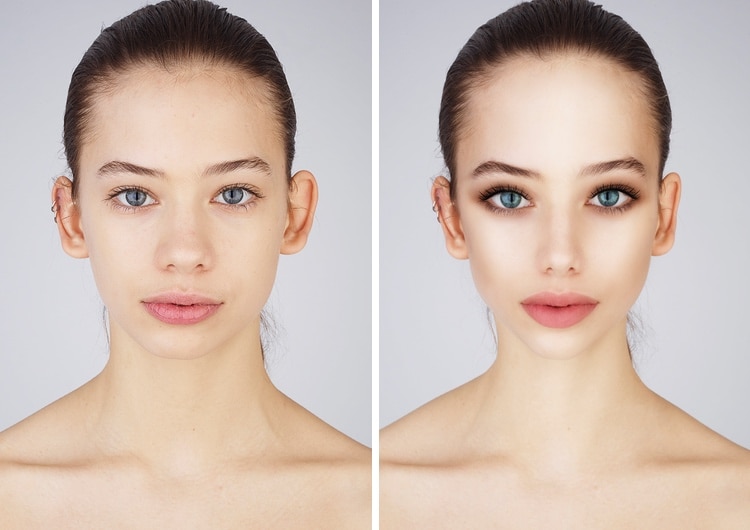
In this day and age, who hasn't given their selfie a virtual nip and tuck before posting? We live in a world where sharing your photos online is commonplace and where technology has made it easier than ever to adjust your appearance. But at what cost? British photographer Rankin set about finding some answers in his new series Selfie Harm.
Rankin found 15 teenagers who don't regularly use photo editing apps and took simple, natural portraits of them. After a quick lesson on how to use basic editing apps on their phones, they were asked to filter their image so that it would get more likes. The results are an astonishing look at how our online images are becoming increasingly homogenized and the effects these beauty ideals are having on our youth.
Selfie Harm is part of a larger project Rankin is working on to explore the role of imagery on mental health. Visual Diet—an M&C Saatchi campaign created in partnership with the renowned photographer and MTArt Agency—is a critical look at how overly retouched, hyper-sexualized, and addictive imagery can, over time, shape the way we feel about ourselves.
Right now, we're living in an age where people are craving more natural images; but, at the same time, advances in technology are making it easier than ever to blur the lines between real and fake imagery. This makes works like Selfie Harm all the more important in spurring critical debate about the future of visual imagery.
We had a chance to speak with Rankin about the project and what surprised him most about the results. Read on for our exclusive interview.
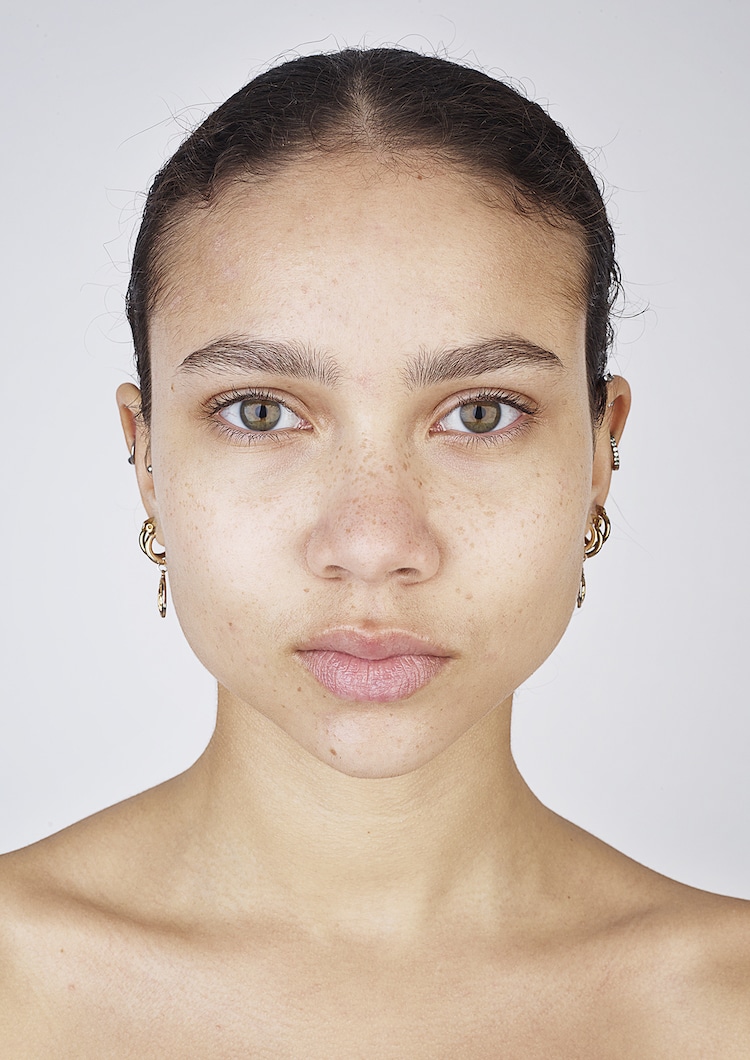
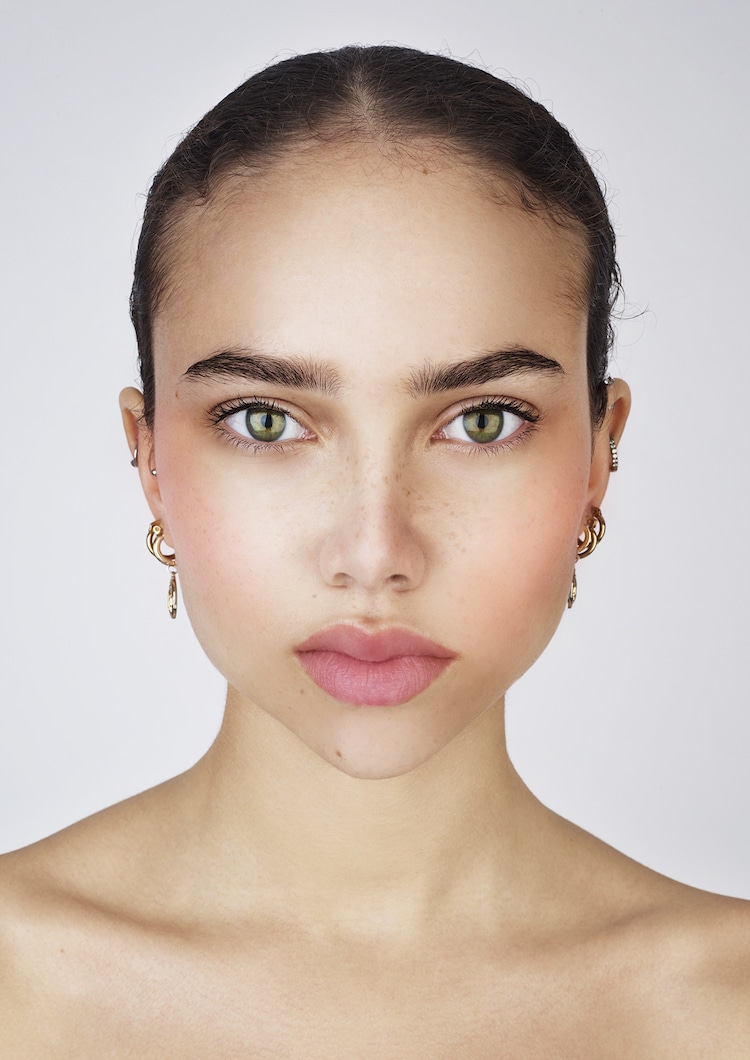
How did the project, and your involvement, come about?
It's funny because before social media, the idea of people taking photos of themselves just at home to show people would have been a ridiculous idea, but now with Instagram and Facebook and all the other apps, the selfie is mainstream—everyone from teenagers to grandparents do it. With everyone sharing though, it's made personal images of your life into a competition with everyone else online.
You don’t want to be left out, and worse, you don’t want to be criticized for what you look like or what you’re doing. It's almost like you’re encouraged to pick the best bits about yourself, and altering your appearance with these apps is a huge symptom of it. You’re made to feel like if you don’t look like the influencers you follow, you’re not quite good enough.
The images were the culmination of working with various filters and smartphone apps over the last 2 years, experimenting with what they can do and how addictive they can be. I created this work because I want to be part of the movement against the harmful effects that this newly accessible technology is having on people’s mental state.
I also feel very strongly about the damage that is it doing to photography overall—the art form that I love. We need more debate around this subject. I want to challenge the way it is being used and abused in a wider world. My fear is that as the apps get more sophisticated—and the technology becomes more polished—they are going to offer even better filters that will be scarily indiscernible from reality. Where you simply can’t tell they have been filtered!
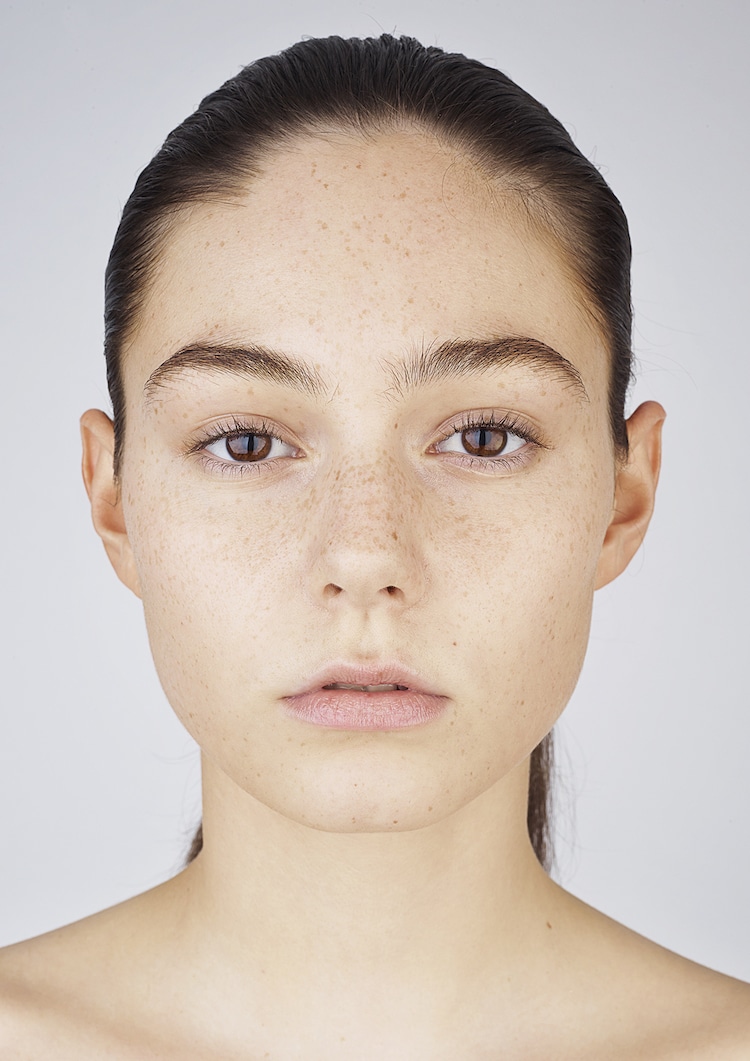
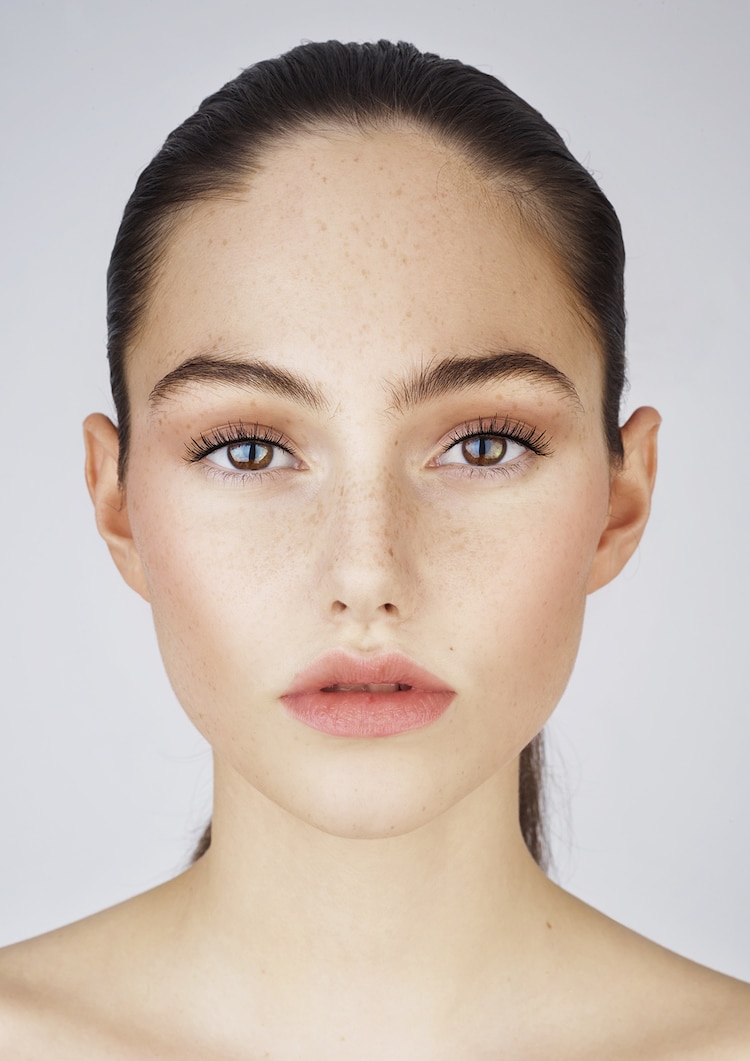
What made you expand the project to teenagers?
My intention was to show what ANY young kid can do with an app that can be downloaded by a 13-year-old on any smartphone. I realized very early on that the apps are actually fun and very addictive, so if I was enjoying them, then most young kids would. But that is their inherent danger. They make the idea of changing your face into a game. This, in turn, makes you “feel” like there is something wrong with you. If I could feel freaked out at 50, what would any teen feel and think?
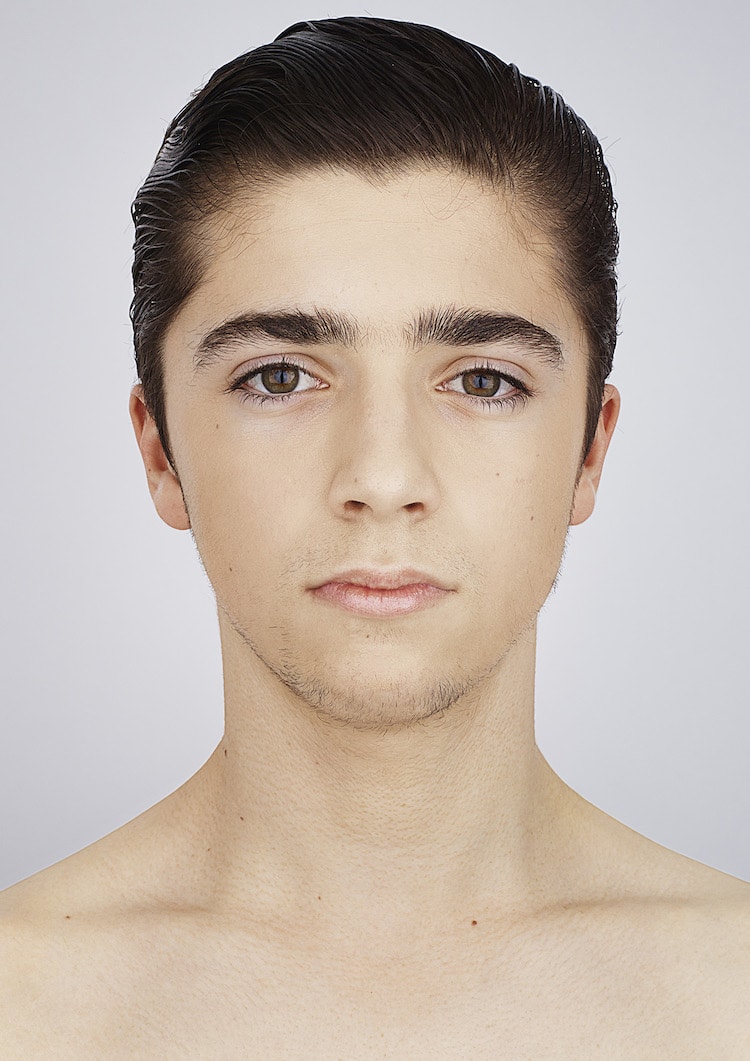
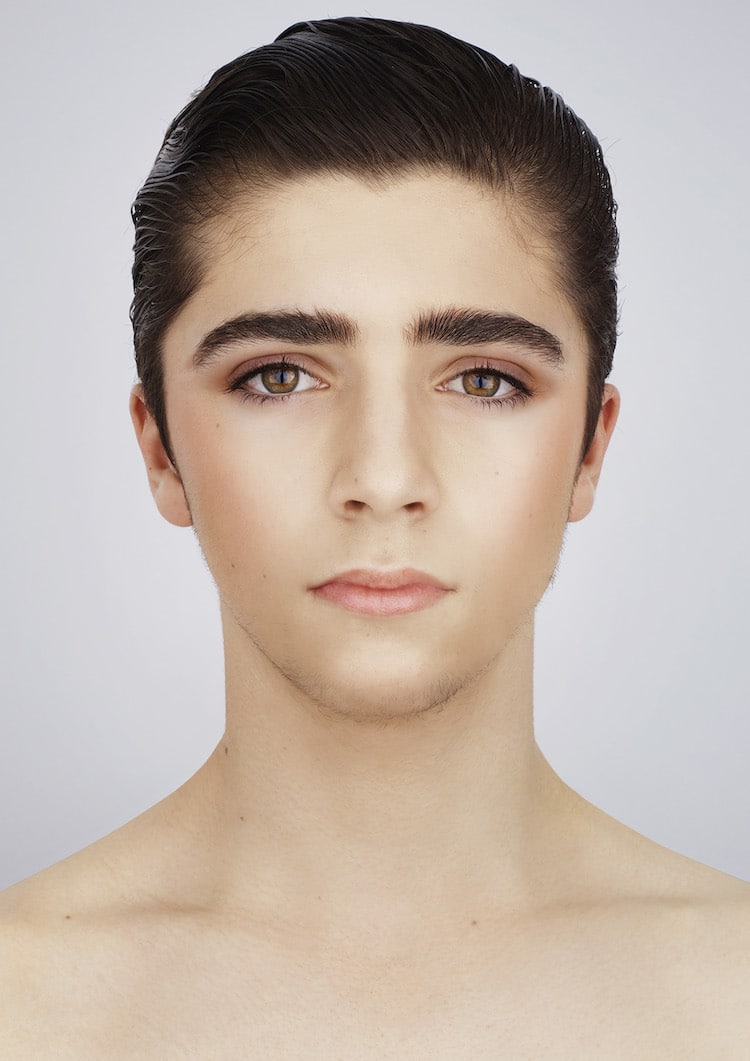
How did the teens react when seeing their “pre-Facetuned” images and how did this change once they adjusted their portraits?
We were NOT casting people that used these apps regularly, we found teenagers and asked them to try them out. They were shown how to use them, which literally takes seconds, then they did the editing themselves with the brief to “filter yourself to get more likes.”
They were all great and had really exciting personalities, but when they filtered themselves, they all made themselves more homogeneous—larger eyes, thinner chins, brighter skin. It's clear that they all have similar unrealistic beauty ideals that they’re trying to make themselves match up to. All of the subjects preferred their untouched images but they all knew people who use these apps every time they upload. It was sad to hear, but not surprising
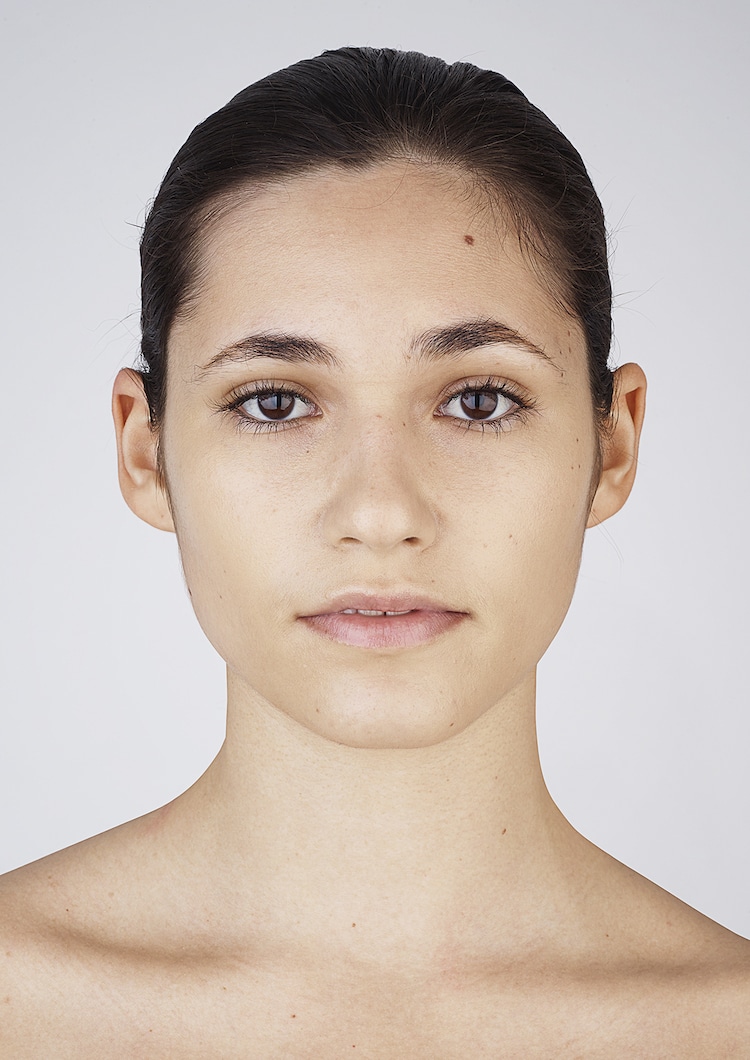
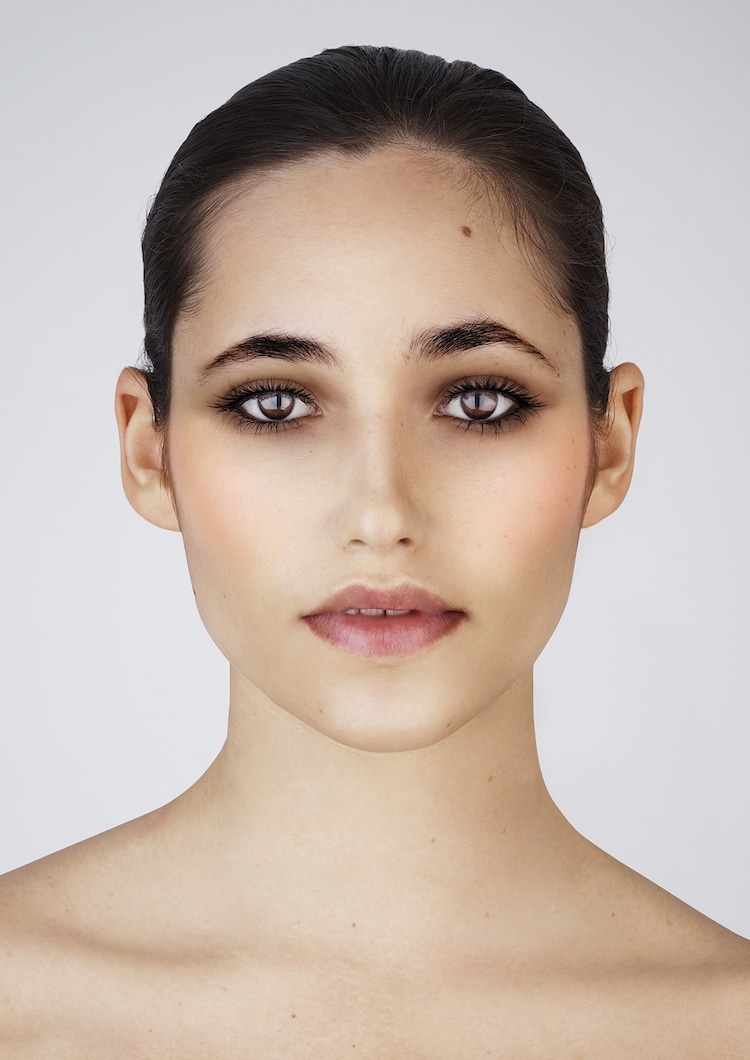
What do you think is the biggest misconception about how these apps work?
I think they look and feel like a game. They make you game-ify your face and body. It makes you inherently feel inadequate.
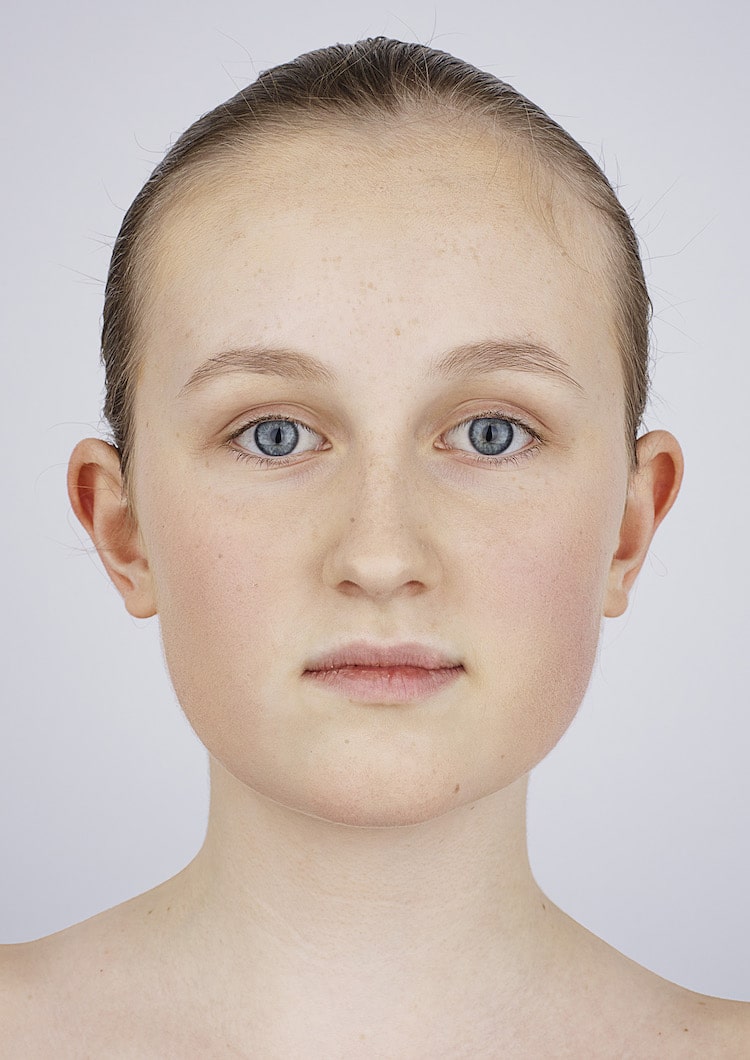
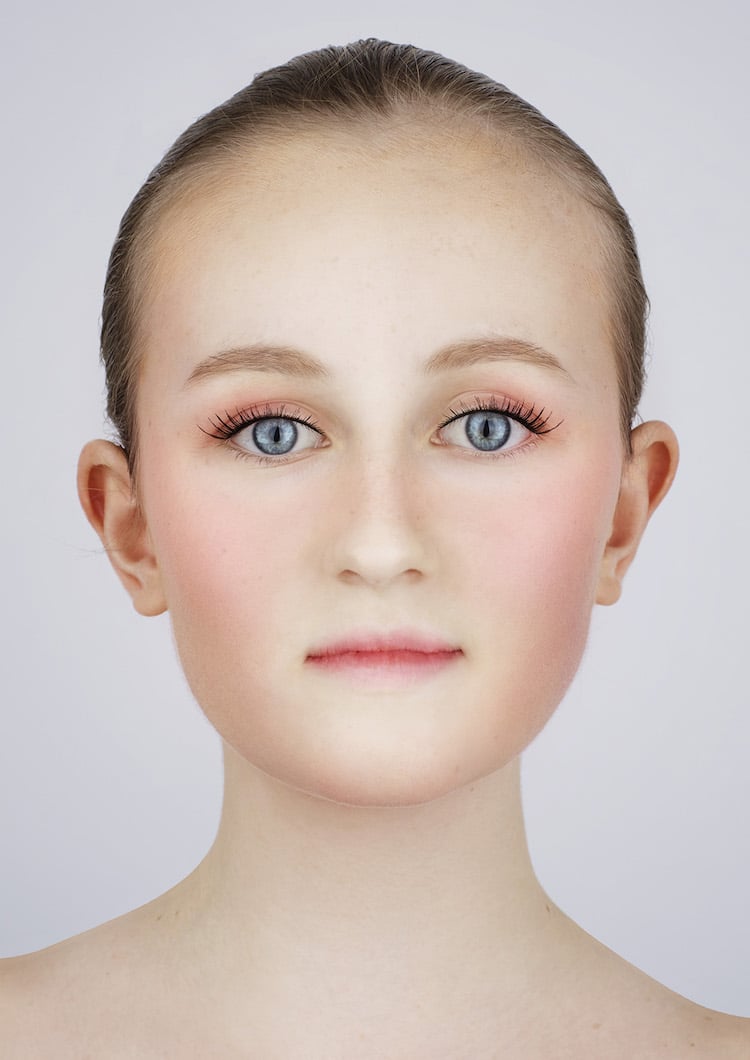
As a photographer, how have you seen the role of post-production change over the last 15 years?
Looking back at fashion and advertising in the late 1990s and early 2000s it is clear to me that everyone was too heavy handed with retouching at the time, including me. Photoshop revolutionized the industry, but the fashion world has pulled it back and authenticity is back on trend. These apps for social media have only been around for a couple of years but they are having a significant effect on a lot of people and we’re not discussing this at all!?
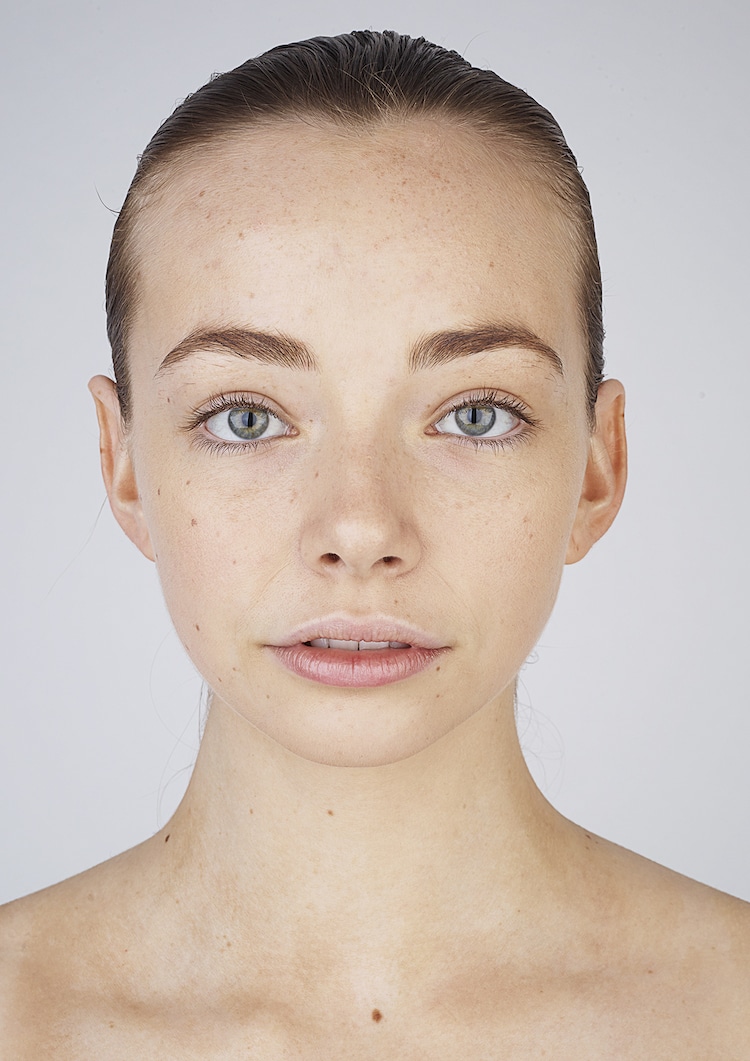
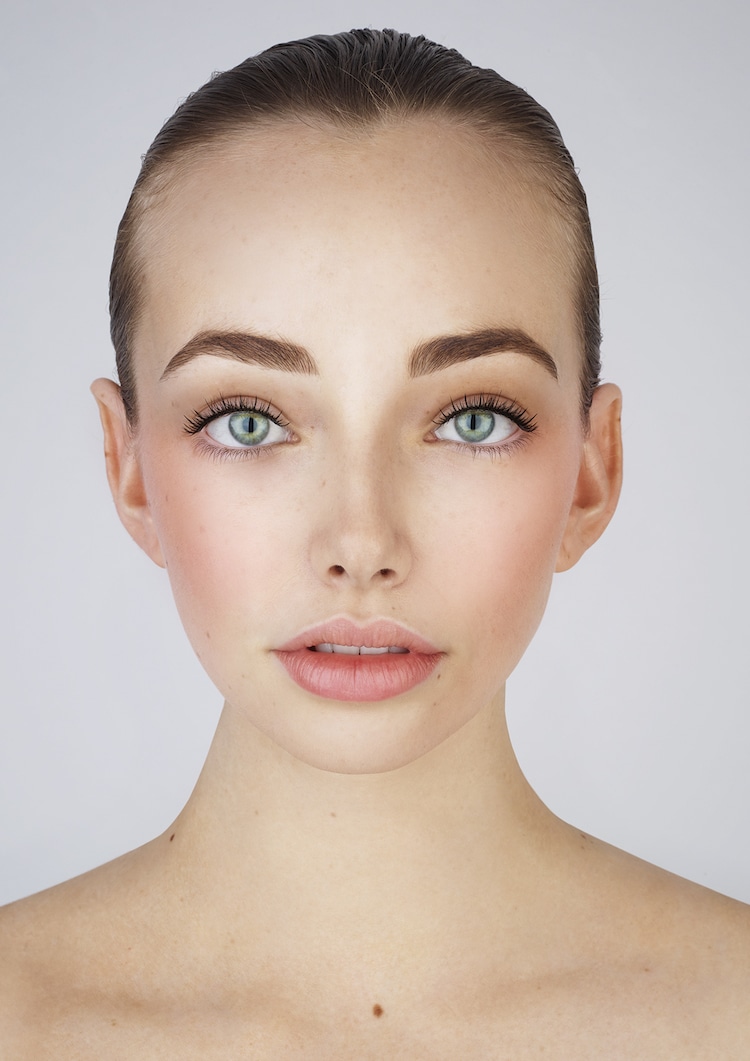
What do you hope the public takes away from the series?
We are living in a world of FOMO, sadness, increasing anxiety, and Snapchat dysmorphia. It’s time to acknowledge the damaging effects that social media has on people’s self -image. I hope this project will open up more debate around this issue and encourage more discussion and finding ways, for example hashtagging, #nonfiltered or #notfacetuned, of it becoming positive to be more honest in the fake reality that social media exacerbates.
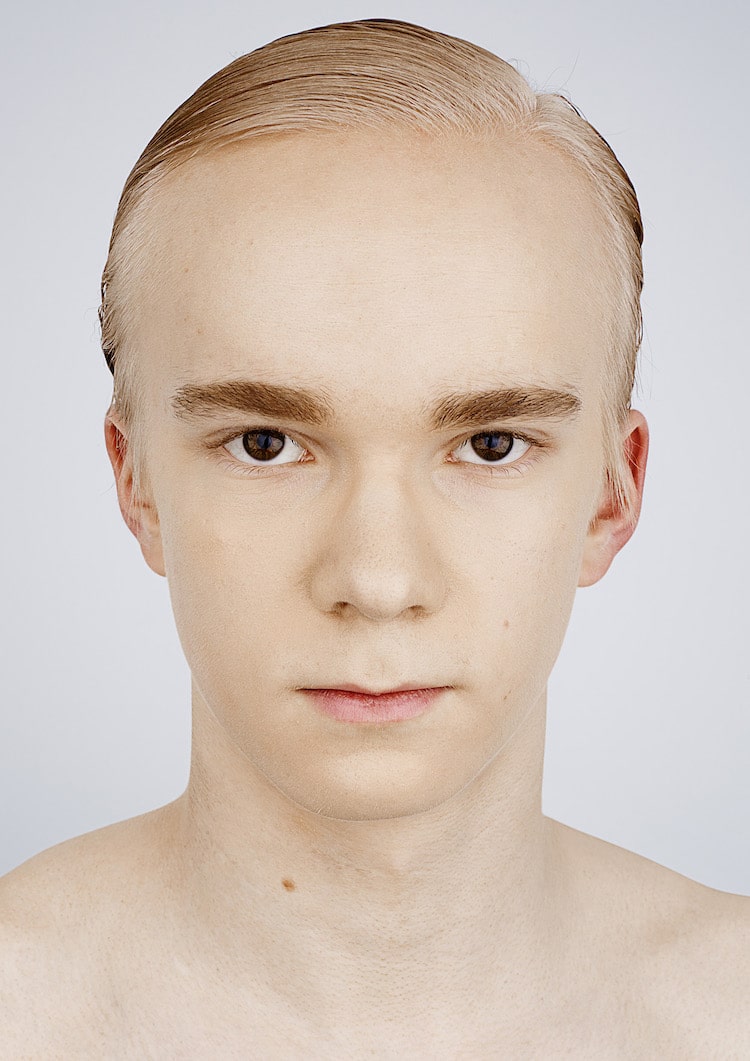
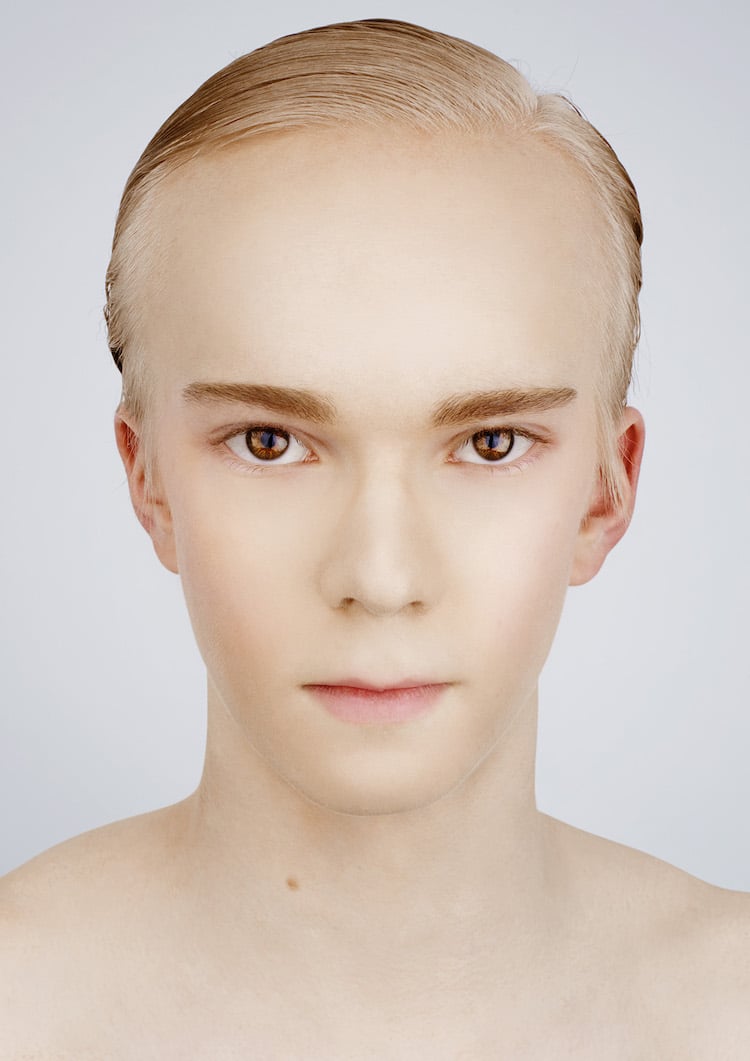
Rankin: Website | Facebook | Instagram
My Modern Met granted permission to use photos by Rankin.
Related Articles:
New Study Says Obsession with Taking Selfies Is Now a Mental Disorder Called ‘Selfitis’
Photographer Accused of Using Too Much Photoshop Shares Before and After Images
Getty Images Promotes Body Positivity with New Photoshop Ban
Man Had His Body Photoshopped in 19 Countries to Compare Beauty Standards Across the World











































































